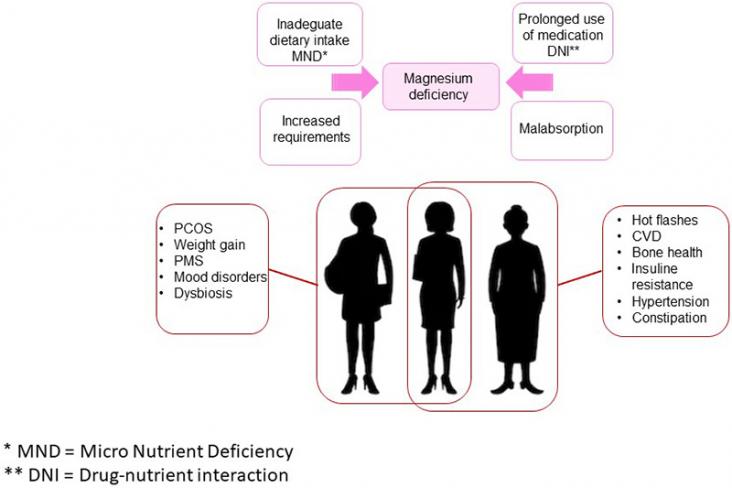As future foods, cultured meat is produced by culturing animal cells ex vivo rather than raising and slaughtering animals.
Background: Stunting rates in children younger than 5 years are among the most important health indicators globally.

As future foods, cultured meat is produced by culturing animal cells ex vivo rather than raising and slaughtering animals.

After World War II, the evolution of Europe's agro-food system has been marked by intensified use of synthetic fertilizers, territorial specialization, and integration in global food and feed markets.
This review article assesses evidences published in the past two years on the links among slow-onset events, food security and poverty as well as the strategies focused on reducing specific problems,
The association of melting Himalayan glaciers and planetary health is complex.

Food is essential to provide energy for human cellular metabolism, and is usually made from plants or animals.
To exceed in sugar consumption is one of the main causes of overweight and obesity, especially for children and adolescent.

Magnesium is one of the most important micronutrients for the human body, is involved in many physiological pathways and is essential for the maintenance of normal cell and organ function.
Reviews and explains the challenges posed by mycotoxins on food safety, which have consequences on the health of consumers and livestock. Also discusses the prospects of mycotoxin outbreaks in a world climate change scenario. Supports SDG 2: Goal 2. End hunger, achieve food security and improved nutrition and promote sustainable agriculture
